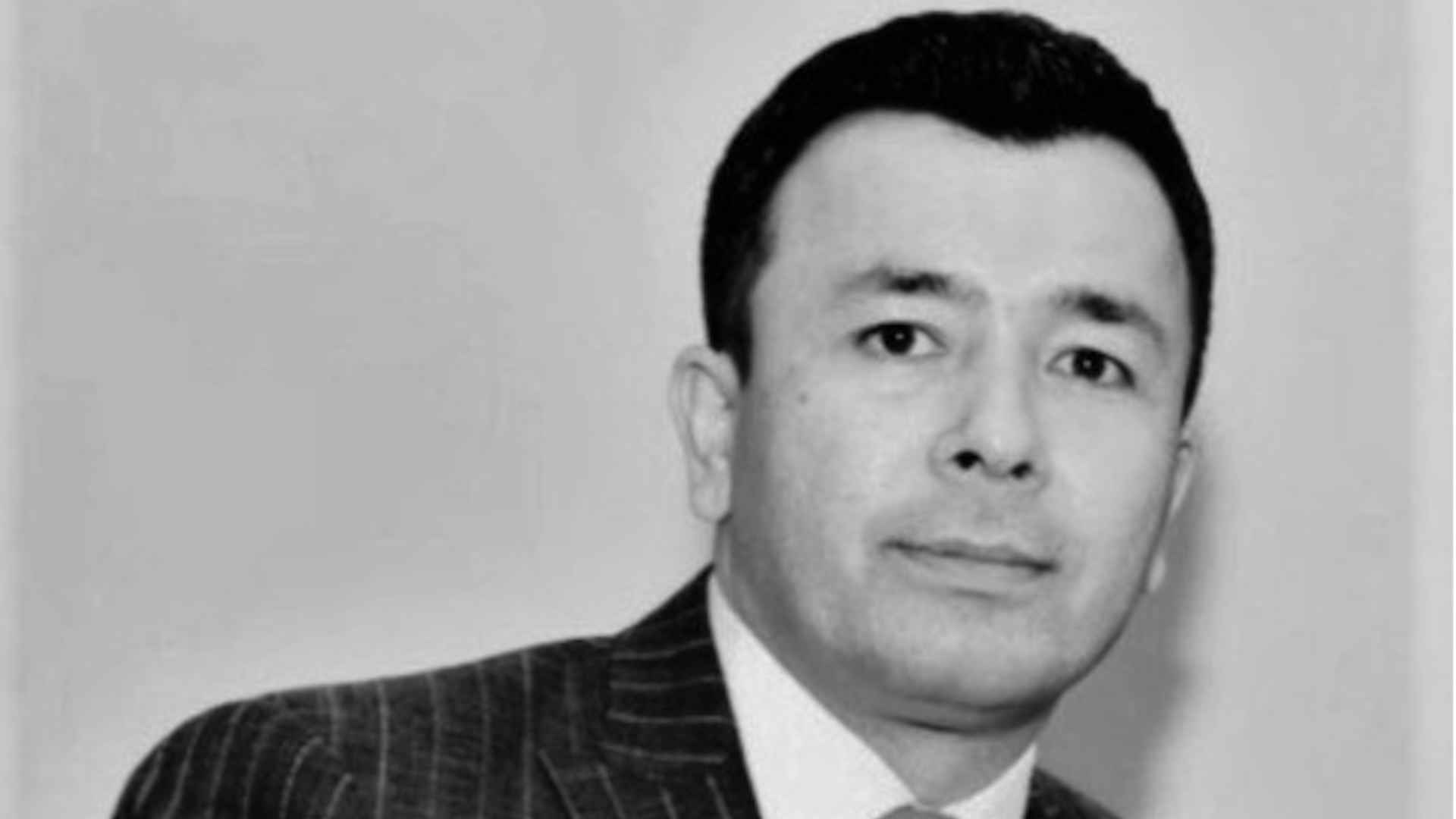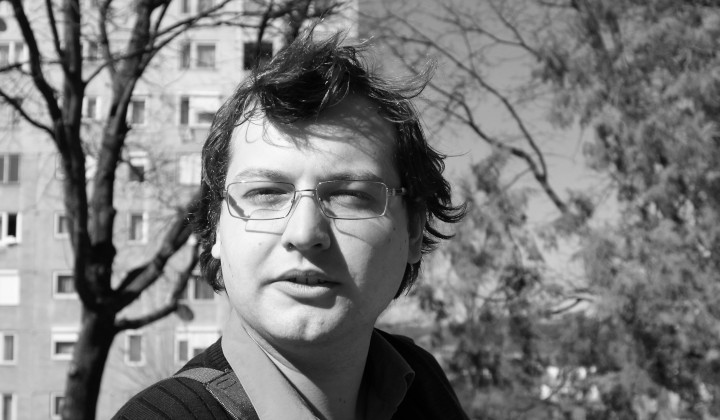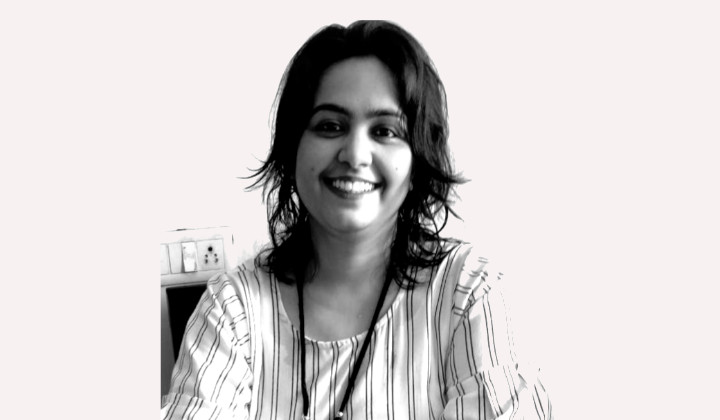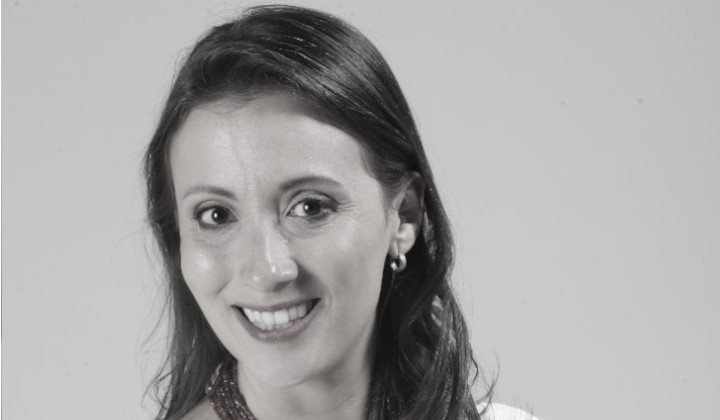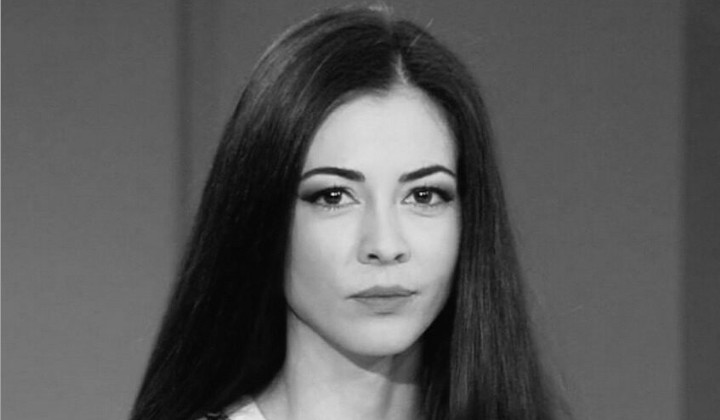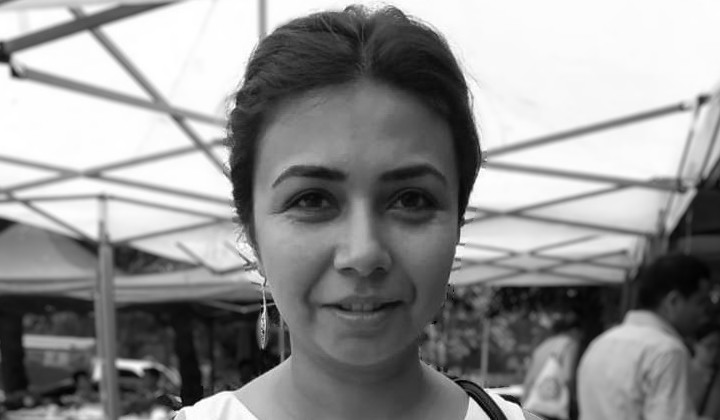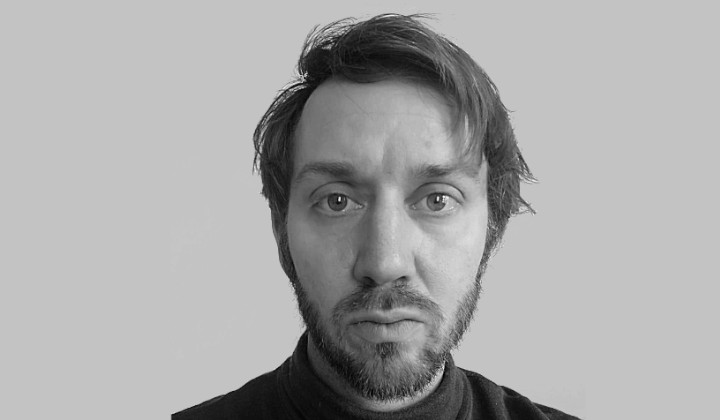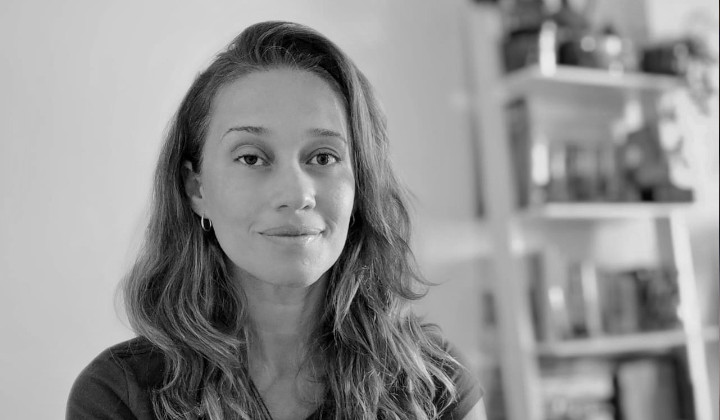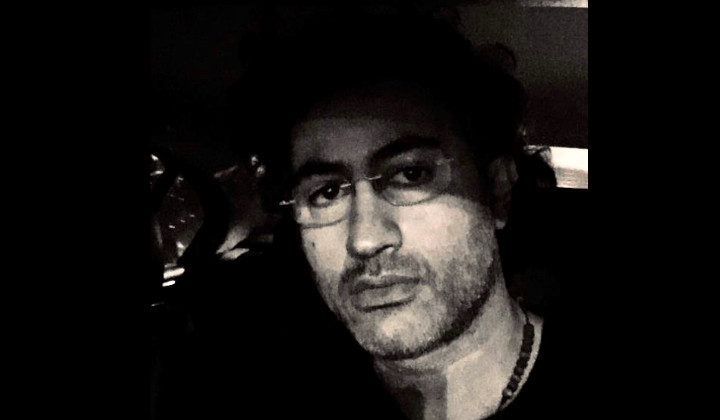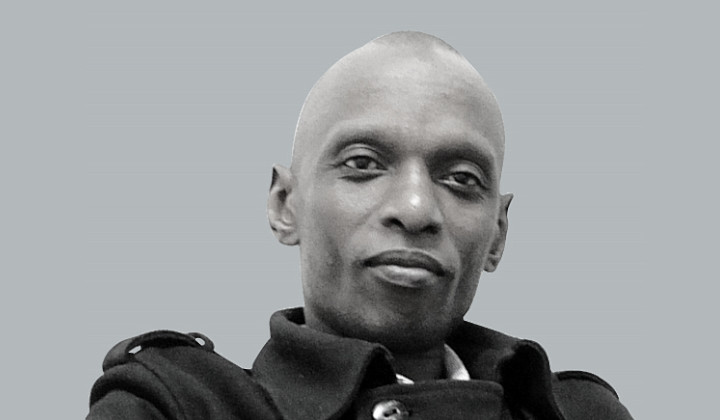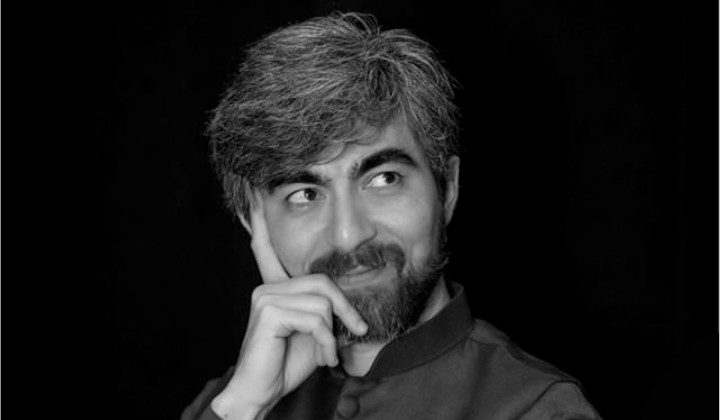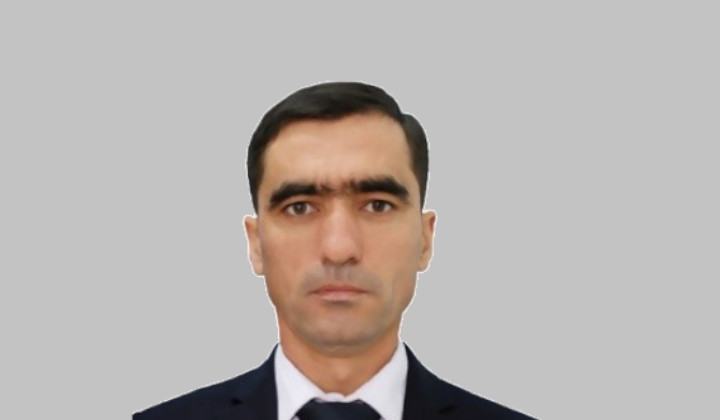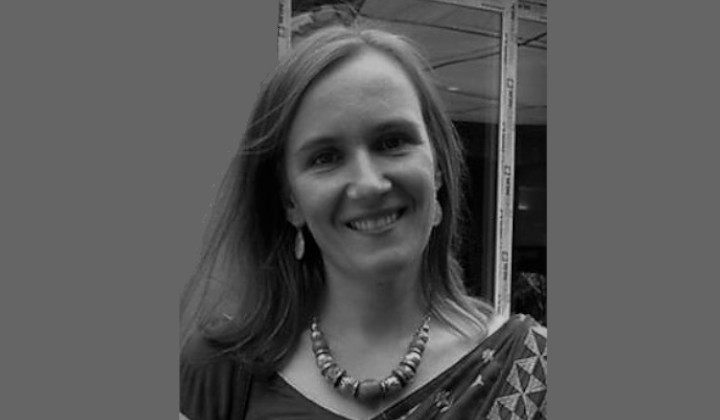“I perceive this as an activist way of reporting”
German-Polish journalist Olivia Kortas mostly writes reports on international political topics. However, stories about her second home Poland are always a challenge for her.
written by

Julia Hercka
Like all journalists, Olivia Kortas had to do several internships during her journalistic training. Because she always had a passion for writing, she wanted to get an insight into German print media. However, the rigid hierarchies and the lack of creativity made her feel disappointed and angry.
“I didn’t want to sit in a newsroom for five years and generate funny articles based on dpa news stories,” she said. “This way of working kills all creative thoughts and the passion for writing stories.” She felt the work climate undermined asking the relevant questions.
Kortas studied communication studies and psychology in Munich and political journalism in the Netherlands and Denmark. During the time she spent in Utrecht and Aarhus, she made several international friends and future colleagues.
“We wanted to do it better,” she said. They decided to work on long-term projects, mainly discussing international political topics. Kortas started travelling to Eastern Europe, Greece and other countries to search for stories that mattered.
“First, it was just a personal interest. For example: I didn’t read anything about refugees in Bulgaria in German news, but I knew that migrants were trying to come to the European Union via Bulgaria and were pushed back at the borders. So, I travelled there to take a closer look on the situation.”
Today, Kortas writes reports for several international media outlets, especially German, Austrian and Dutch newspapers and magazines. They seemed the right way of telling the stories she experienced.
And they have one big advantage in comparison to other genres. The reports may catch people’s attention who might not know much about the topic or were not interested in it.
“You can tell them about the smell, about the noises.” That’s why people might feel more attached and get a better sense of the situation.
Polish stories are the hardest
Kortas holds both a German and a Polish passport. She grew up in Germany but lives both in Warsaw and Prague. Similar to many young German-Polish people, Kortas knew the Polish language. But she was not able to read nor write in Polish for a long time. She learned it by herself.
Today she is glad she can read Polish books. No German or English translation could transmit the wit that lies within the Polish language. Although Polish is perceived as a language hard to learn, she practiced it step-by-step by writing mails and communicating with people.
Knowing not just two languages, but also two cultures, is a great help for her journalistic work.
“Polish, for example, helped me a lot when I was working on a story in Turkey,” she said. The way of hospitality and easy-going-mentality reminded Kortas of the Polish way of life.
However, writing stories about Poland is not always easy for her. On the one hand, those stories are more personal to her. On the other hand, Kortas is aware of more shades of Poland than any German editorial department. She sometimes finds the situation in Poland hard to explain.
“For a long time, I have been avoiding to write about Poland,” she said. “But now, I feel that I definitely need to write about it. I just know the country and the people well. That’s why I think, that I describe things more precisely somehow.”
Poland is not an autocratic state
One reason for Kortas to write about Poland is that she is tired of German news coverage on its Eastern neighbor. “I am fed up that German news make a wholesale judgment on Poland.”
She believes the German audience could get a wrong picture of Poland. “I have often been asked by friends and journalists: How it is like to live in an autocratic state? But Poland is not an autocratic state.”
There are huge problems in the country, especially the treatment of LGBTQ people. But it might be easy for foreigners to judge Poland only on several issues, Kortas explains. That is why she considers German news coverage on Poland one-sided. “I perceive this as an activist way of reporting,” she said. Focusing only on one side and criticizing only one aspect in her opinion kills any dialogue. Asked about her way of journalism, she said: “I have a very high standard on my way of reporting. I always ask myself: Do I explain too much? Do I maybe justify the government? Should I go against them because it is not my opinion, and I would never vote for them?”
She has already experienced situations where she felt that it was hard to keep a German-Polish conversation going. “I was in the very southeast of Poland writing a report for a German newspaper. When I said I was working for them, nobody wanted to talk to me anymore.” For Kortas this was a big problem. “When we reach a point where we can’t talk to each other anymore there is no benefit for anyone.” She perceives it as her duty as a journalist to keep people informed comprehensively – to keep the dialogue alive.
To the article

A Letter to the President
By Julia Hercka



